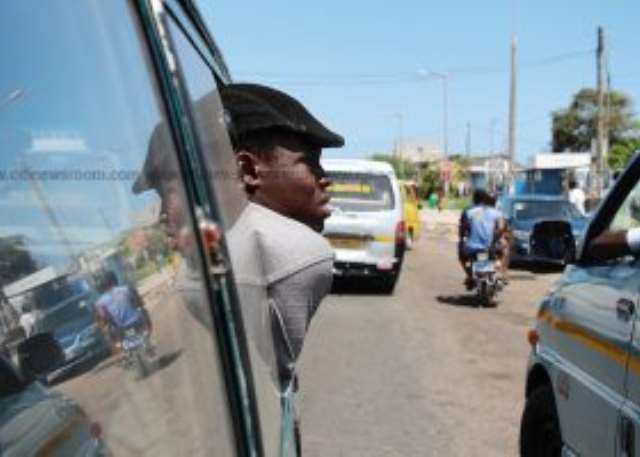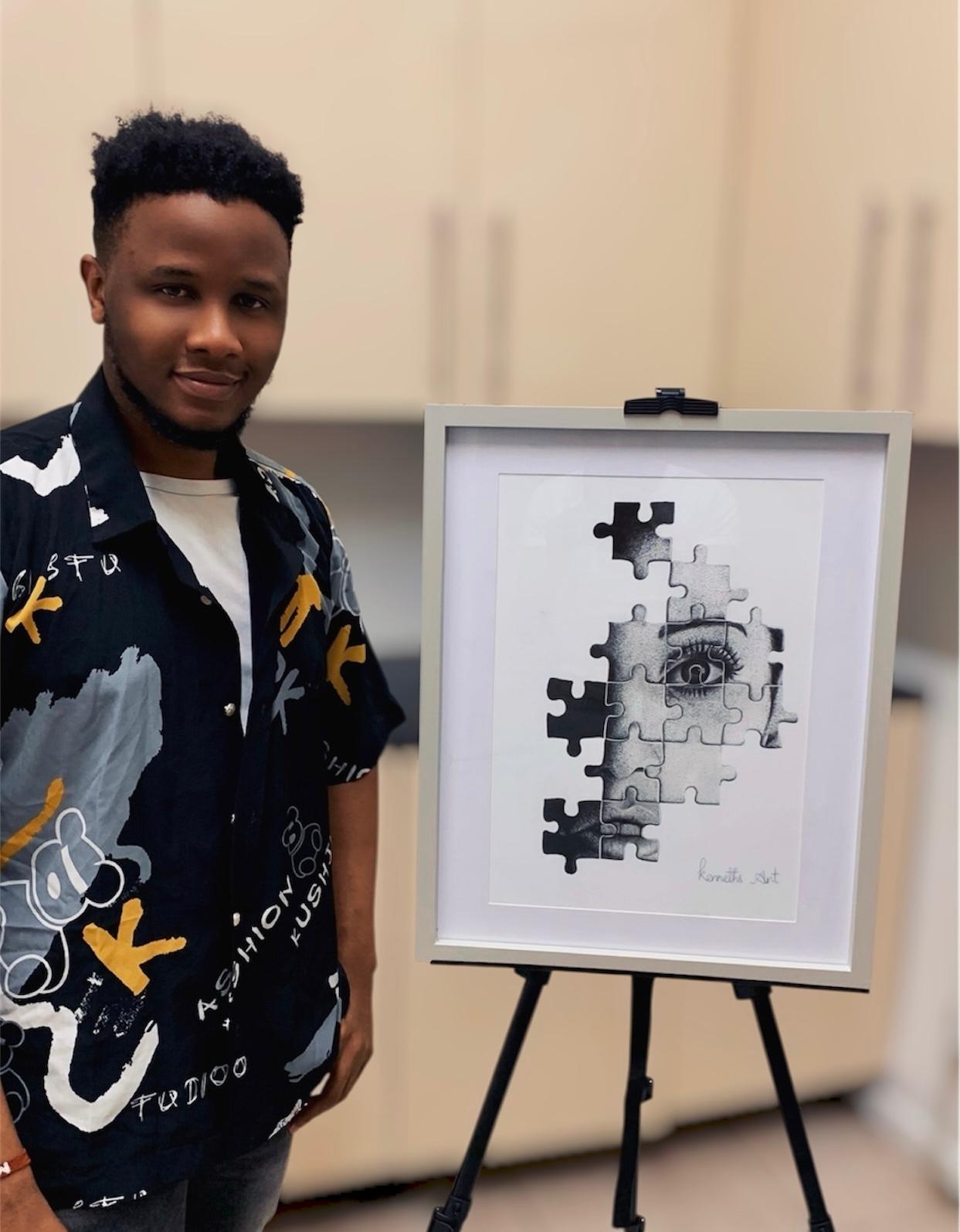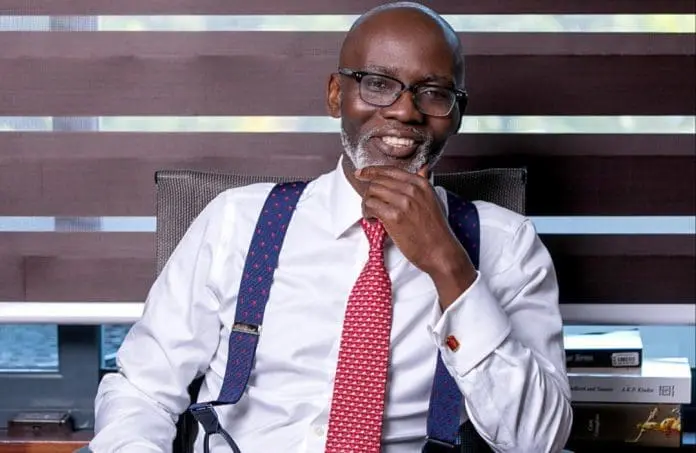By Kwasi Addae Owusu (MSc Logistics and Transportation Mgt.)
Transport Manager, Ministry of Health, Accra
Every morning, as dawn breaks over Accra, the city begins its restless dance. From Kaneshie to Madina, Circle to Kasoa, the rhythm of our lives is measured not by the ticking clock, but by the movement or standstill of traffic. In this rhythm, the trotro becomes more than just a minibus. It becomes a classroom where children revise their notes by dim phone lights, a marketplace where traders balance goods on weary laps, and a silent chapel where passengers whisper prayers to arrive safely and on time.
But behind this daily hustle lies a painful truth: transportation in Accra is not just a matter of movement; it is a matter of survival.
For the student in Adentan who must wake at 4 a.m. to make an 8 a.m. lecture at Legon, the burden is not only physical but also mental. For the market woman from Kasoa who spends more hours in gridlock than selling her wares, the cost of transportation is measured in lost income and exhaustion. For the office worker who spends up to five hours in traffic each day, the toll is broken families, missed school events, and fading dreams.
Our roads have become stages of inequality. While a few cruise in air-conditioned comfort, the majority of Ghanaians are packed into trotros with broken windows, inhaling fumes and enduring reckless driving. The chaos of our transport system steals from us silently-our time, our health, and our dignity.
And yet, we adapt. We laugh through the pain, share jokes in traffic, and build resilience in the face of hardship. But should resilience be the price of simply moving from one place to another in our capital city?
Transportation is not just about vehicles and roads; it is about people. It is about the mother who leaves her child asleep each dawn, the young man who cannot secure a job because commuting costs consume his earnings, and the old man who risks his life crossing dangerous highways with no pedestrian bridges. It is about how a city treats the very people who power its economy.
Accra deserves better. We deserve a transport system that restores dignity, saves time, and connects people, not one that traps us in endless traffic jams and unsafe conditions. We must call for bold investments in mass transit systems, safer roads for pedestrians, efficient bus services, and policies that put the well-being of the commuter at the centre of urban planning.
The trotro is a symbol of Ghanaian resilience, but it should not remain a symbol of suffering. Our traffic must not be the soundtrack of wasted lives and broken opportunities. Transportation is the lifeline of a city. And if Accra is to truly rise as a modern African capital, we must first free its people from the social burden of movement.
Because when transportation fails, society fails.
FROM TROTRO TO TRAFFIC: THE SOCIAL BURDEN OF URBAN TRANSPORTATION IN ACCRA


